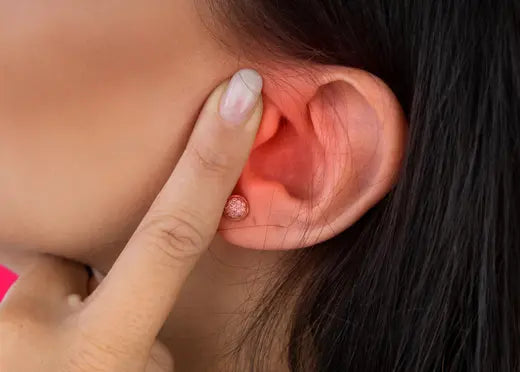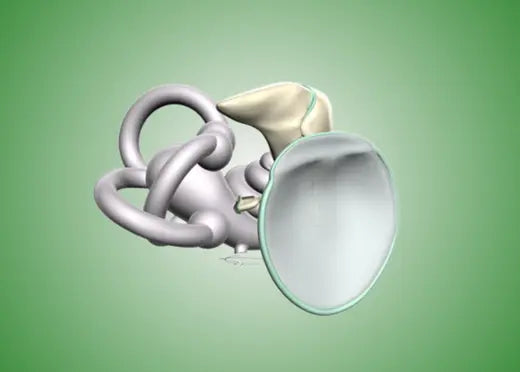What is a hearing assessment?
Definition and objectives
A hearing assessment is a test that assesses the state of your hearing. Performed by a healthcare professional, it aims to detect potential hearing loss and provide appropriate treatment. It is intended for both people experiencing hearing discomfort and those who simply want to have a preventative checkup.
Difference between screening test and complete hearing assessment
A rapid hearing screening test can be offered by a hearing care professional or through online tools, but only a comprehensive hearing assessment performed by an ENT doctor can make an accurate diagnosis. This assessment includes several in-depth tests, such as pure-tone and speech audiometry.
How is a hearing assessment carried out?
The key steps
A comprehensive hearing assessment involves several steps: a history interview, an ear examination, listening tests in a soundproof booth, and interpretation of the results by a specialist. This process may require several appointments.
Who makes it?
An ENT doctor is the only one authorized to make a medical diagnosis. A hearing care professional can perform a non-medical hearing test as part of a hearing aid fitting, but it does not replace a medical assessment.
How much does a hearing test cost?
Price and reimbursement
The cost of a hearing assessment by an ENT specialist ranges from €40 to €80, 70% of which is reimbursed by health insurance if you have a prescription. The remainder may be covered by your health insurance.
Are there any free assessments?
Some hearing care professionals offer free hearing tests without a prescription, but these are simple assessments and not comprehensive medical checkups. These tests are used to guide the individual toward further treatment if necessary.
Hearing assessment in a nursing home or at home: what you need to know
Strict regulations
Contrary to what one might think, hearing assessments are not permitted in nursing homes or at home , except in very medically supervised cases. This creates a real obstacle for dependent elderly people, who are often unable to travel to an ENT practice.
A concrete solution: Spokeo
For these situations, there is an effective alternative: Spokeo . This wireless listening assistant does not replace a medical hearing assessment, but it allows a person losing their autonomy to regain a better understanding of conversations , without having to travel or follow a long or restrictive treatment path.
Usable both at home and in nursing homes, Spokeo is a practical solution for caregivers, professionals and establishments faced with the impossibility of having a traditional hearing assessment carried out.
When should you consider a hearing assessment?
Warning signs to watch for
A drop in television volume, difficulty following conversations, and progressive isolation are warning signs, especially among the elderly. Prompt treatment can limit the impact on cognition and social connection.
What if it is impossible to consult?
If the medical pathway is inaccessible, particularly in a situation of loss of autonomy, using a solution like Spokeo can significantly improve daily life by providing clarity and listening comfort, without waiting for a complete medical diagnosis.
👉 To learn more about personalized hearing assessments and alternatives suitable for the elderly or dependent, discover Spokeo, an innovation designed for autonomy and accessibility.













